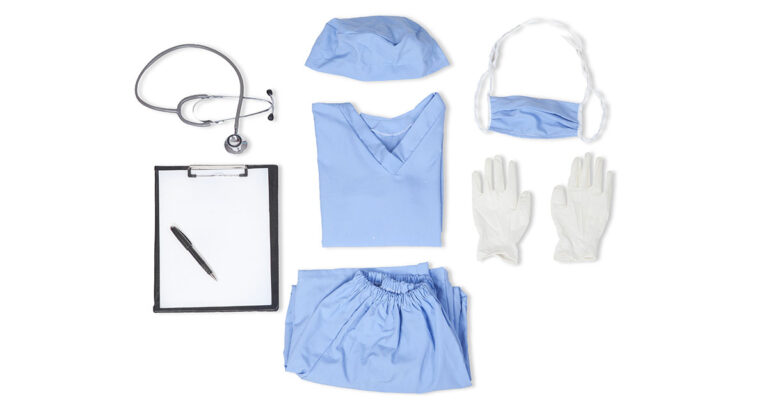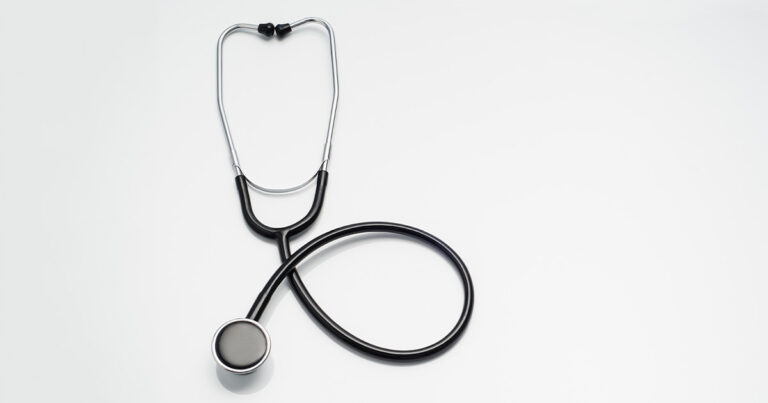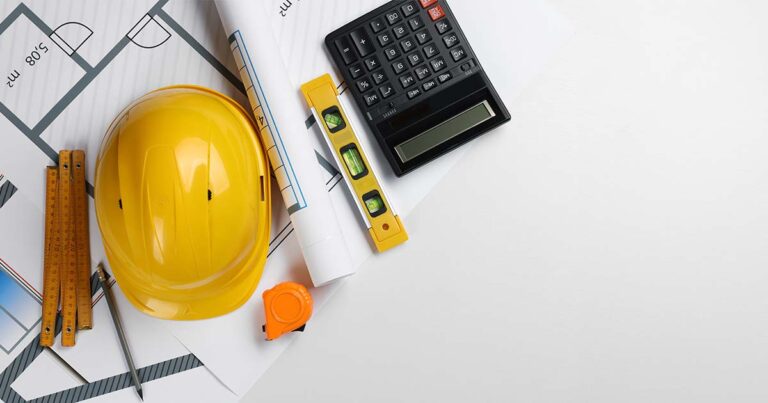9 Smart Tips To Keep Your Money Safe While Travelling

This article covers:
- Tip #1: Avoid Carrying Large Amounts Of Cash While Travelling
- Tip #2: Invest In A Money Pouch & Carry It On Your Person
- Tip #3: Carry Petty Cash In An Easy-To-Reach-Spot On Your Person
- Tip #4: Hotel Safes Are Not Quite Safe!
- Tip #5: Don’t Put All Your Eggs In One Basket
- Tip #6: But Make Sure You Choose The Right Basket(s)!
- Tip #7: Don’t Flaunt Your Money In Public
- Tip #8: Pay Attention To Your Surroundings
- Tip #9: Use Technology Wisely By:
- Final Thoughts
Picture this disturbing scenario:
While holidaying in an exotic foreign country, you keep one day aside for some souvenir shopping. You know that most of the vendors in the market do not accept plastic so you’re carrying extra cash in the scruffy faux-leather wallet that was a gift from your grandmother. The wallet is in the cloth handbag that you’re carrying over one shoulder. After 10 minutes of intense haggling with a spice vendor, you finally agree on a price for a sweet-smelling spice that is just not available back home. You reach into your bag for your wallet and realise with a shock that it’s gone! The short-term consequence of the theft is that you have to forgo the unusual spice. The long-term consequence is much grimmer. All your cash and credit/debit cards were in that wallet, so you now have nothing left. You don’t know anybody who can lend you some emergency cash. Your return flight tickets are in your suitcase in your hotel room, so getting back home should not be a problem. But you have 5 days left on your holiday and you have absolutely no idea how to survive with no money. Your dream holiday has just turned into a nightmare of epic proportions.
Even if you haven’t had such a harrowing experience in the past, don’t assume that you never will. Now, that’s the bad news.
The good news is that with some thoughtful planning and common sense, it is possible to avoid dire situations like the one in the example above. Read on for some useful suggestions to keep your money (and your sanity!) safe while travelling. Some of these tips might seem obvious, but unfortunately, they are often ignored, even by seasoned travellers. We are just making sure that you don’t end up making the same mistakes.
Tip #1: Avoid Carrying Large Amounts Of Cash While Travelling

Many countries are quite plastic-friendly, so it makes more sense to carry credit and debit cards for payments, rather than lots of cash. If possible, carry multiple cards but never store them in the same place. This way, even if you lose one, you have another to fall back on. But don’t forget to report the lost card! And always keep a backup of your cards’ details in digital format.
If you use a credit card for withdrawing cash from ATMs, you may be charged a fee for the transaction (in addition to the international usage/forex fee), which you may be able to avoid if you use a debit card. However, even debit cards may attract a small fee for international transactions. Check your bank’s schedule of charges before you use your cards at an international ATM or at a merchant’s point of sale terminal. However, even with these charges, plastic tends to be a better choice for travellers than hard cash.
When withdrawing cash at ATMs, follow these basic safety rules:
- Avoid using ATMs in a deserted area, especially after dark. ATMs inside banks are the safest.
- Make sure no one can see your PIN number. If there are other people inside the ATM, cover the number pad with your hand.
- Don’t count your cash after you exit the ATM. Do this before you leave, and only if no one is around.
- Don’t accept ‘help’ from strangers. They may be muggers or con men carrying card skimmers that can replicate your card’s data.
- Be attentive to your surroundings – no exceptions!
If you happen to be travelling to a country where cards are not commonly used or accepted, you may have to carry large amounts of cash. Read on for cash safety tips!
Tip #2: Invest In A Money Pouch & Carry It On Your Person

If you are carrying a lot of cash on your person, avoid putting it all in a wallet, backpack or handbag. Wallets in back pockets can be effortlessly picked, handbags can be easily snatched and backpacks can be opened without you noticing. Money pouches, the kind that go around your waist, are a much safer option. Invest in a pouch made of good-quality, waterproof material and make sure you conceal it under your clothes (an over-the-clothes money pouch screams ‘gullible tourist’). And don’t worry about fashion; those much-maligned baggy T-shirts and Hawaiian shirts may look ugly but they can keep you safe!
‘Out of sight’ is the key to safety, so don’t reach for your money pouch often. Instead, separate your main roll of cash from a smaller pile of petty cash. See the next tip.
Other good hiding spots for large amounts of cash are:-
- Your socks
- Your shoes (which are not flip-flops or sandals)
- A hidden pocket under and behind the waistband of your pants, skirt or dress
- A hidden pocket on the inside of your jacket
- A pocket sewn into your underwear
- Your belt with a wallet-like hidden pocket for cash
Tip #3: Carry Petty Cash In An Easy-To-Reach-Spot On Your Person

Think of your money pouch as an imaginary bank in a remote part of the world that only carries large denomination bills. The bank is fairly inaccessible so you cannot reach for it every time you need to pay for something small.
You can help yourself by placing smaller bills and change in the front or side pocket of your outfit. This petty cash can be used to pay for smaller items like bus tickets, snacks or drinks. Make sure the pocket is fairly deep, or else your money will fall out without you even realising it! If you can, customise the pocket with a closure mechanism: zippers, fasteners and Velcro straps are all great.
Don’t keep too many coins though – the jingling will attract unwanted attention!
Tip #4: Hotel Safes Are Not Quite Safe!

Some hotels provide safes that can be programmed by guests using their own unique code. Ironically, such safes provide only an illusion of safety. Even with a user-programmed code, such safes can be opened by someone familiar with the safe’s structure.
Some travellers conceal their money in places where they assume the hotel staff won’t look, such as under cabinet drawers, inside toilet tanks or stuffed into shampoo bottles. Such assumptions may prove to be extremely costly, because a daring thief will manage to steal your valuables, no matter how well you think you’ve hidden them. Unfortunately, most hotels will refuse to accept liability for your loss and there is very little you can do about it.
The bottom line – avoid stashing money anywhere in your room.
Tip #5: Don’t Put All Your Eggs In One Basket

If you don’t want to carry all your money on your person and are smart enough not to store it in the hotel room’s safe, use the ‘multi-stash’ method. As the name implies, you divide up your cash, cards into multiple stacks and store each stack in a different location. So you may carry large bills and one ATM card in your money pouch, and divide all smaller bills and remaining cards among multiple pieces of luggage, such as a suitcase, overnight bag, etc. This way, even if one bag is misplaced or lost, you won’t lose all your money.
Tip #6: But Make Sure You Choose The Right Basket(s)!

Misplaced/lost bags are a regular occurrence, and rummaged-through bags are even more so. Shocked? Don’t be! For whatever reason – legal or illegal – in some countries/airports, it is quite common for checked-in luggage to be rummaged through and pilfered. Therefore, if you are stashing some of your money in your luggage using the multi-stash strategy, make sure to use only your carry-on luggage for this purpose. This way, you can keep an eye on your bags while you’re in transit. For your own peace of mind, don’t put any money or anything valuable in your checked-in bags.
Tip #7: Don’t Flaunt Your Money In Public

Don’t draw attention to yourself by flaunting your money on your travels. This is one occasion where you don’t want to appear rich or successful! Be discreet with your money by carrying a money pouch. Always carry change/petty cash for smaller payments. This way, you don’t have to use larger bills and can thus avoid attracting undue attention from thieves or con artists.
Tip #8: Pay Attention To Your Surroundings

You may be having the time of your life on your holiday, but this doesn’t mean that you sacrifice vigilance for enjoyment. Do not ignore your surroundings. It is often possible to spot pickpockets and conmen as long as you keep your eyes and ears open.
Don’t be naïve and listen to your instincts! If you spot someone who looks dubious, steer clear of them (safety trumps politeness!) Whether you are at an ATM or haggling with a shopkeeper, be attentive and smart at all times!
Besides, as far as possible…
- …Try not to make your tourist status obvious: shorts and flip-flops in a conservative small town, expensive camera hanging around the neck, flashing large dollar/pound/euro bills for the whole world to see – these are all dead giveaways that scream ‘gullible tourist here – come, rob me!’
- …Don’t engage with strangers in conversation, especially if you are a lone female traveller.
- …Don’t call attention to yourself by speaking or arguing loudly.
- …Keep your bag/purse close to your body at all times, ideally worn ‘cross-body’.
Tip #9: Use Technology Wisely By:

a. Backing Up Your Cards
If you are worried about losing your credit/debit cards in spite of taking every precaution, make digital backups before you travel!
Scan all your cards and upload them to a cloud storage service such as Google Cloud or Dropbox. Many of these services are free for personal use, and allow you to securely store massive quantities of data for years. You can even email the documents to yourself. If you don’t have a scanner, you can also take pictures of your cards with your mobile phone and upload them to the cloud or email them to yourself.
Make sure that you capture all the data on both sides of the cards, including the card number, its validity period and its CVV number (the number on the back of the card; it usually has 3 digits). It is also important to capture the bank’s contact centre number so you can call them to have your card blocked as soon as you realise it’s missing or stolen.
b. Protecting Your Devices
Avoid carrying expensive devices on your travels. But if you have to, make sure you protect them with strong passwords. Otherwise, a thief who steals your phone or computer may be able to access your bank accounts and other financial information. If your device has a tracking feature, make sure it’s on!
c. Using InstaReM To Access Your Money While Overseas
This is one method that is often ignored by travellers. Utilising a highly reliable remittance service like InstaReM is a safe and cheap way of sending money to yourself while travelling.
InstaReM offers a safe and convenient option for transferring money between a number of countries in Asia, Europe, North America and Oceania, so no matter where you’re from or where you’re going, InstaReM is with you all the way!
InstaReM’s remittance service offers guaranteed zero-margin FX rates – mid-market rates sourced directly from Reuters with absolutely no margins added. The transaction fee is also nominal so you can save more on your overseas money transactions.
InstaReM also offers:
- No hidden charges: You will receive an accurate break up of your transaction. What you see is what you get – no nasty surprises.
- Best Transfer Amount: With zero margins, you are guaranteed the best transfer amount possible.
- Easy Sign Up, Straightforward Transfers: The service is extremely easy to use. All you have to do is sign up, verify your account, upload the relevant documents and start transacting.
Final Thoughts
Don’t let your happy vacation turn into a financial nightmare. Enjoy yourself, but don’t be careless. You can never be too safe when it comes to money, especially while travelling.
Be smart, protect your money and yourself, and you will have the time of your life!























